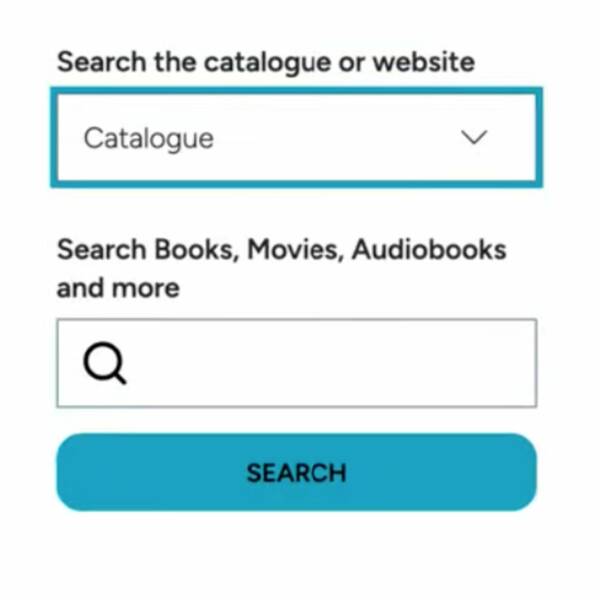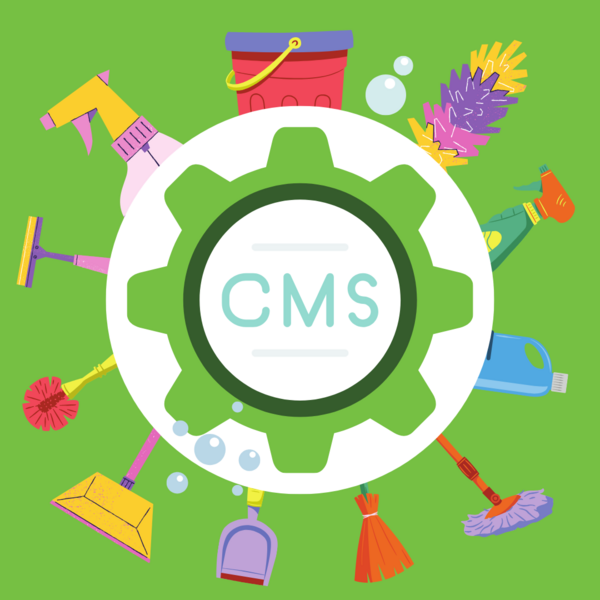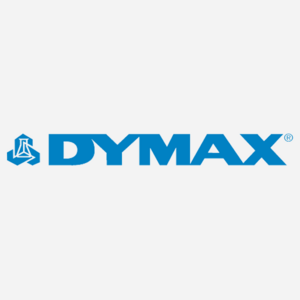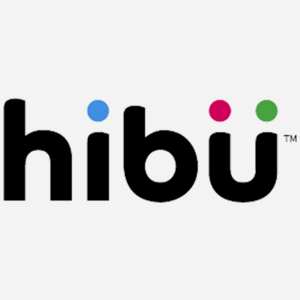Mugo partner since 2011
The 49th Shelf hosts about 100,000 books, and data about their contributors and publishers, as well as rich metadata like cover images, reviews, target audience, etc.
The 49th Shelf has several objectives. Primarily, the site attempts to list every in-print Canadian title; to facilitate it's discovery and to support consumer's ability to decide to buy a title (in print or ebook formats). As well, The 49th Shelf serves as a concrete use for ONIX bibliographic meta data (see http://editeur.org/) and thus aids the Canadian publishing supply chain to advance its use of good metadata.
Currently the site houses data for some 56,000 titles from 26,000 contributors and 100s of 1000s of supporting content pieces. The site is in constant development, rolling out new features and incrementally improving on a monthly basis.
The 49th Shelf aims to provide access to every Canadian book; to provide a platform for discovering, learning about, discussing and promoting, buying, and finding books. Currently the site hosts about 50,000 books, and information about their contributors and publishers, as well as lots of rich metadata like cover images, reviews, target audience and so on.
"We have worked closely with Mugo Web for more than three years now to conceptualize, build, operate, and expand 49th Shelf, a very ambitious web platform for Canadian books.
"From our earliest discussions it was clear that we would not have a typical client-vendor relationship with Mugo. They distinguished themselves right away not only as a team with considerable development expertise but also as partners in our project. They helped us develop our ideas for a unique web property for Canadian books, and to resolve some of the significant challenges we would face in importing and handling the large volumes of data that the project required.
"Mugo has consistently delivered beyond our already-high expectations for the project. More to the point, the Mugo team has always added considerable value in improving not only the back-end systems and server-side performance for the site but also in strengthening the user experience and usability for what has become a fairly complex site with hundreds of thousands of content objects and an expanding range of user groups.
"When we began this project, it was anything but clear that it could be successfully executed. Today, 49th Shelf presents the largest, public-facing collection of Canadian books ever assembled and traffic has scaled sharply over our just-concluded first full year of operations. The site has been widely praised by industry stakeholders and readers alike as an important new community hub and resource, and the development of the platform has resulted in some valuable new IP that has broader application in the promotion of books online and the enabling of reader communities in Canada and elsewhere.
"Mugo has played a key part in all of this and needless to say we recommend them highly as an expert team with a remarkably strong commitment to building great projects that work."
- Craig Riggs, Project Lead, 49th Shelf
Mugo Web has been the development team for The 49th Shelf since conception and we consider this one of our proudest moments.
In addition to the lead objectives, The 49th Shelf is building an online community around Canadian books and providing specialized tools to key audiences including librarians and movie producers.
Mugo has a long involvement in helping the Canadian book industry around ONIX data dating back to 2003 and the release of PExOD in conjunction with with Simon Fraser University's Canadian Centre for Studies in Publishing.
The 49th Shelf is a highly interactive community around Canadian books that helps connect readers with books and other readers, while having fun doing so! If you are a young reader, an occasional reader, a bookworm, a librarian, a teacher, a chef, or a playwright... if you read hardcovers while curled up by the fireplace or on your e-reader while on public transit... if you haven't read since you were in school or if you host a monthly book club... The 49th Shelf can help you get the most out of Canadian books.
The 49th Shelf is continuously updated with new books, featured books, book lists, and ongoing commentary through a blog. eBooks are also featured.
The book search enables books to be found by title, author, category, and publisher. Recommended reading lists are regularly added by the site editors and by the community.
On each book page is detailed book information, enhanced by excerpts, editorial reviews, community reviews, author biographies, and more. Purchase, share, and bookmark links are provided.
The web site is heavily social, enabling users to shape the site day by day. Books can be rated, tagged, reviewed, grouped into lists, and pinned on a map. The activity log widget shows every public user activity. There is also tight Facebook and Twitter integration.
Read Local is the 49th Shelf book map, which displays an interactive map of Canada. On the map are pins representing locations that have significance to various Canadian books. The pins are completely crowd-sourced; users can add, annotate, and categorize pins, which makes the map an evolving landscape of literary Canada. Users can share a link to the map, links to individual map points, and links to themes on Twitter and Facebook.
Periodically, The 49th Shelf hosts giveaways of books and supporting items, such as an e-reader.
Another fun element is the cover shuffle game, which gives players 6 minutes to name as many book titles as possible, based on their cover images. Anybody can play!
The 49th Shelf runs on the Enterprise Content Management System eZ Publish. eZ Publish's robust content model enables all book and supporting data to be stored and displayed. It also provides a flexible framework for working with the data in various ways, as well as connecting to external services for data exchange.
As eZ Publish experts, Mugo Web's web development for The 49th Shelf has included:

Tabbing through a web page can be a frustrating experience. The user tabs to access a menu, but with the keyboard's next tap, they’ve moved on to another page element and have to retrace their steps to access the desired content.
For users who rely on keyboard navigation, this can be a major accessibility roadblock. And for other site visitors, it’s just poor UX.
Fortunately, you can implement a fairly straightforward function in JavaScript called a “focus trap” to ensure users don’t leave the page area they’re in without intending to do so.

Mugo partner since 2024
An initiative led by the Northern Lights Library System to promote library services to Indigenous communities

WordPress can be a great option for easy website development, but because of the rapid evolution of the CMS, it can lead to inefficient code and slow loading pages. We'll show you how to clean up unused CSS and JS from pages to improve site-wide performance.

CAPTCHA is an essential need on online forms, but to be blunt, the UX sucks. Without the implementation tips (helpfully detailed below), Google’s otherwise reliable reCAPTCHA service implemented “as-is” doesn’t actually provide any browser validation. The user will have to wait for it to make a time-consuming round trip to the server. It’s a problem for anyone and becomes compounded for users with accessibility needs.

Mugo partner since 2024
Delaware County Libraries is a regional library system in Pennsylvania, USA.

Mugo partner since 2024
Dymax is a developer and manufacturer of broad-spectrum light-curable adhesives.

Mugo partner since 2024
Hibu provides digital marketing solutions to local businesses across the US.
Links are among a website's most valuable components. They connect (that’s what the word “link” means, after all) different pages and resources, helping site visitors find the content they are looking for. Well-planned and formatted links are like a detailed, intuitive treasure map that sends visitors to the right destination.
Links are also critical for making your website accessible to visitors with visual or other impairments. A link that lacks important information can prevent some visitors from accessing all the treasures a website holds. Or even worse, it can send users to completely undesirable content and discourage them from exploring all your site has to offer.
In this post, I’ll discuss how to present links in various contexts, clearly explaining how they can create and inform powerful relationships between different pages and assets.